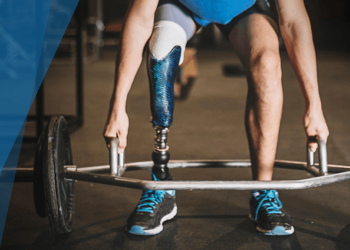In today’s fast-paced world, where productivity and performance are often prioritized over rest and relaxation, the concept of mindful recovery has never been more relevant. While exercise and healthy eating are essential components of a balanced lifestyle, the importance of rest and relaxation cannot be overstated. Mindful recovery encompasses various practices and strategies aimed at rejuvenating the body and mind, promoting overall well-being and longevity.
At its core, mindful recovery involves cultivating awareness and intentionality in how we rest and recharge. It’s about recognizing the signs of fatigue and stress in our bodies and minds and taking proactive steps to address them. In a culture that glorifies busyness and constant productivity, it’s easy to overlook the importance of downtime and relaxation. However, neglecting rest can lead to burnout, decreased performance, and increased susceptibility to illness and injury.
Physical rest is essential for allowing the body to repair and rebuild itself after periods of exertion. During exercise, muscles undergo microtears and damage, which are repaired during periods of rest and recovery. Without adequate rest, the body may not have sufficient time to heal, leading to muscle soreness, fatigue, and decreased exercise performance. Moreover, chronic sleep deprivation has been linked to a myriad of health issues, including obesity, diabetes, and cardiovascular disease.

In addition to physical rest, mental and emotional relaxation are equally important for overall well-being. Chronic stress and anxiety can take a toll on both the body and mind, leading to increased inflammation, impaired immune function, and mood disturbances. Mindful practices such as meditation, deep breathing exercises, and mindfulness-based stress reduction techniques can help alleviate stress and promote relaxation. By cultivating a calm and centered state of mind, we can enhance resilience to life’s challenges and improve overall mental health.
Furthermore, restorative activities such as gentle yoga, tai chi, and leisurely walks in nature can help soothe the nervous system and promote relaxation. These activities encourage mindfulness and present-moment awareness, allowing us to connect with our bodies and surroundings in a meaningful way. By incorporating these practices into our daily routines, we can create a foundation of balance and well-being that supports optimal physical and mental health.
Moreover, mindful recovery involves prioritizing self-care and setting boundaries to prevent burnout and exhaustion. This may involve saying no to excessive commitments, delegating tasks when necessary, and carving out time for activities that nourish and replenish us. Whether it’s indulging in a bubble bath, curling up with a good book, or spending quality time with loved ones, self-care looks different for everyone. The key is to tune into our own needs and honor them with compassion and kindness.
In today’s hyperconnected world, it’s more important than ever to carve out time for mindful recovery and self-care. By prioritizing rest and relaxation, we can replenish our energy reserves, reduce stress, and foster a greater sense of well-being and balance in our lives. Remember, true health and wellness encompass not only physical fitness but also mental and emotional vitality. So, as you navigate life’s demands and challenges, remember to pause, breathe, and embrace the power of mindful recovery.





